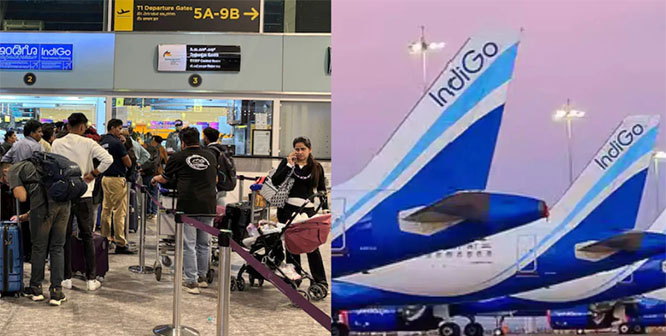
New York, June 18: Internet giant Google has reported a sharp rise of 49% in online content censorship from India as it said the trend of blockage were increasing from governments round the world, more surprisingly from Western democracies.
Google said it had received more than 1,000 requests from governments around the world in the second half of last year to take down items such as YouTube videos and search listings, and it complied with them more than half the time.
The internet giant said political comments were a prime target as the number of requests for the company to remove content from the reach of internet users jumped manifold.
"We noticed that government agencies from different countries would ask us to remove political content that the users had posted," a top Google official said.
He said the number of content removal requests received by Google in India was 49% higher in the second half of last year than in the first six months.
But the requests made by New Delhi were not released in the company's transparency report made public yesterday.
Google reported that it went along slightly more than half of the approximately 1,000 requests it received to remove material or links.
The Google report does not provide insights from countries such as China, where tight Internet controls allow blocking of content.
The net blockage request from governments ranged from satires on military Generals in Pakistan, request from UK police officers to terminate six YouTube videos for terror contents and SOS for removal of as many as 149 videos for allegedly insulting the monarchy in Thailand.
Google said Pakistan's ministry of information of technology asked it to remove six YouTube videos that satirised the country's military and senior politicians.
"We did not comply with the request," it said. A company top official said that the prime request from the governments were mostly to take down political speech. "It's alarming not only because free expression is at risk, but because some of these requests come from countries you might not suspect - Western democracies not typically associated with censorship."
Like India, content removal requests doubled from the US in the second half of last year as Ukraine, Jordon and Bolivia showed up for the first time on the list of countries out to have materials removed.
From political to terror inspirations, Google said that requests at times became ludicrous as Canadian officials wanted removal from YouTube of pictures of a citizen peeing on his passport and flushing it down a toilet.
Releasing the transparency report, Google said it hoped to continue to contribute to the public debate about how government behaviours are shaping our web.
Overall, the firm said it had received 461 court orders covering a total of 6,989 items between July and December 2011. It said it had complied with 68% of the orders.
The company said it had received a further 546 informal requests covering 4,925 items, of which it had agreed to 43% of the cases.







Comments
Add new comment